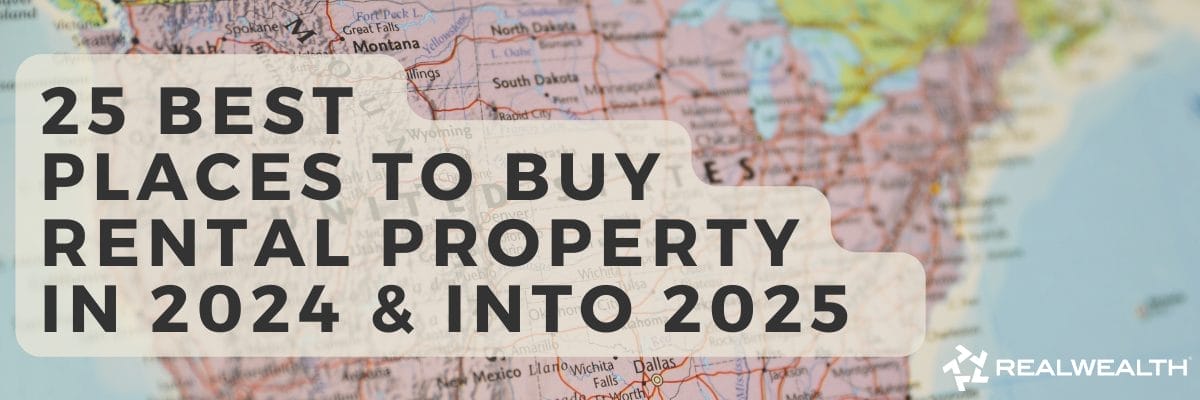Does last week’s weak jobs report signal a weak economy or worse, a looming recession?
Last week, Federal Reserve Chairwoman, Janet Yellen, mentioned there could be another rate increase in the coming months due to steady job growth and strong economic factors. If you listen to me regularly, you’ll know I think that’s just rhetoric.
But on Friday, the Labor Department released a very shocking jobs report. Only 38,000 new jobs were created last month, surprising analysts who predicted the economy would add about 158,000 new positions. That’s about a quarter of expectations – the worst jobs report since 2010.
Some blame the weak numbers on Verizon’s strike last month, but that has since ended. But even when accounting for those numbers, job creation was anemic.
long term investing
The private sector hired only 25,000 and government entities added 11,000.
Today, Yellen expressed her “disappointment” and said that central bank policymakers would now be forced to wait at least a month before raising rates.
As I’ve said all year, that isn’t going to happen. The job growth we’ve seen this year has been mostly part-time, low-paying jobs and the unemployment rate of 5% is only because fewer people are trying to get work. Many have stopped trying.
Yellen said she remains optimistic about the health of the U.S. economy saying that, “one should never attach too much significance to any single monthly report.”
But she also said this has raised some concerns that she and the central bank policy makers “will be wrestling with.”
The real issue is how they will stave off a recession before the election. But it’s looking more like trying to build a retaining wall to block a tsunami.
How does this affect you?
As investors, we have to pay attention to the economy so we can predict what’s coming – as best as we can, considering the Powers that Be would like everyone to think everything’s OK.
After all, announcing a recession is coming only makes it come faster. That’s probably why the crowds aren’t told there’s a recession in advance, but rather learn about it 6 months or so into it. How do they do it? Revising numbers, of course.
Yellen makes it sound like May’s numbers were simply an anomaly.
But in reality, the Labor Department slashed April’s jobs report down to 123,000 from 160,000 new jobs…and March’s number was adjusted down to 186,000 from 208,000 new jobs.
These numbers confirm that job growth this year is slower than late 2015 and 2014.
Job losses weren’t concentrated in any one sector, like energy. Instead, it was spread across the board.
Mining lost 10,000 jobs, manufacturing lost another 18,000 and construction lost 15,000. Most concerning is that temporary help lost 21,000 jobs. According to the Wall Street Journal, a decline in temp hiring preceded the last two major recessions.
The “bright spot” is unemployment went down from 5% to 4.7%. But that only happened because the workforce plunged by 458,000, while the labor force participation rate dropped another 0.2 percentage points to 62.6%.
As for the coming months, we can expect more lay-offs in the slowing auto industry, the over-valued tech companies and the slowing commercial real estate sector.
June tends to be a volatile month for stocks anyway, and a slow down in the economy could make it worse. Don’t assume this period of relative stability we’ve enjoyed since February will continue.
And if the stock market weakens, we’ll continue to see a slowdown in high end real estate. That generally means there would be a boom in middle class housing as people look for more affordable places to live.
Investor Tip: If you own investment property, make sure they are located in recession-proof cities.



